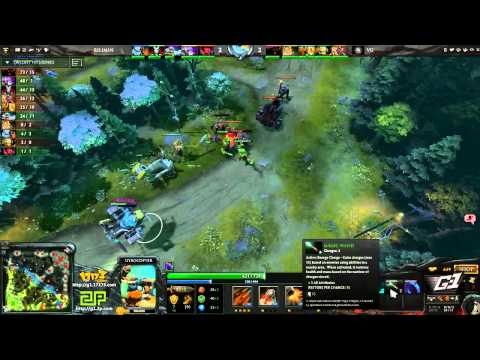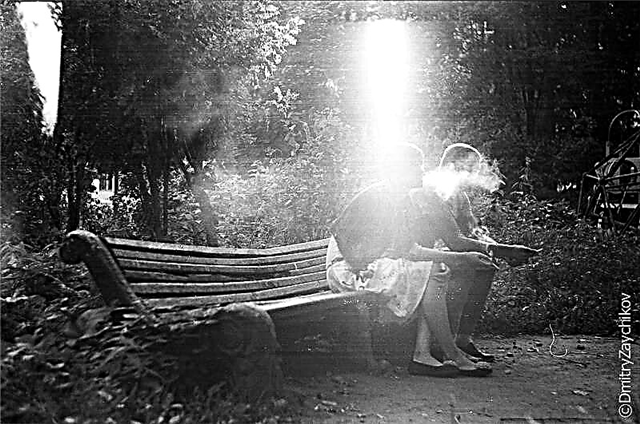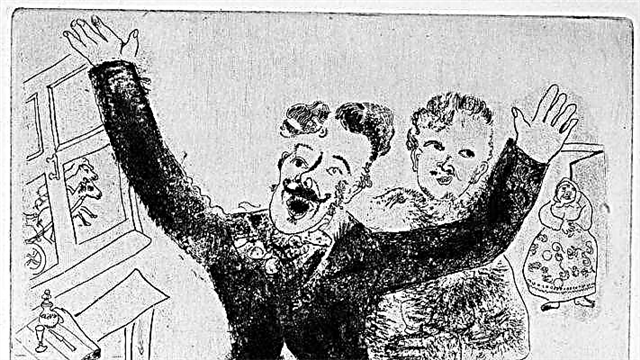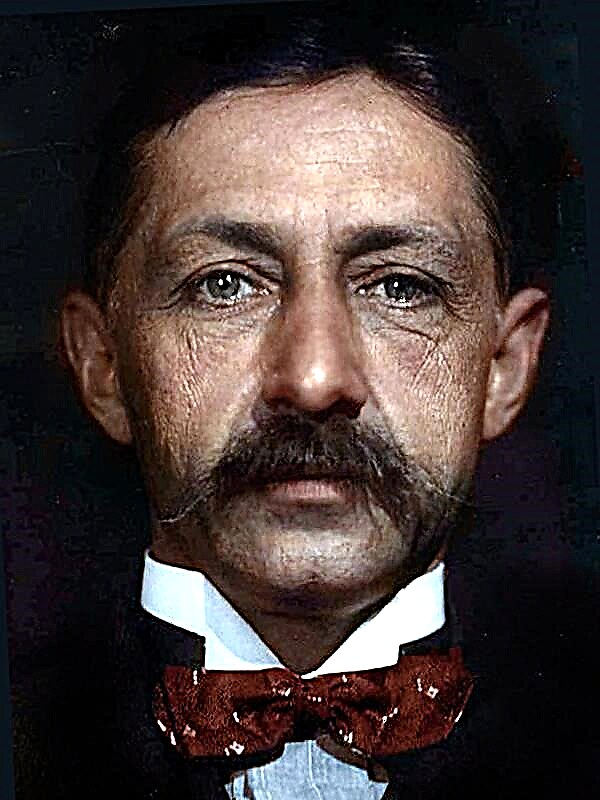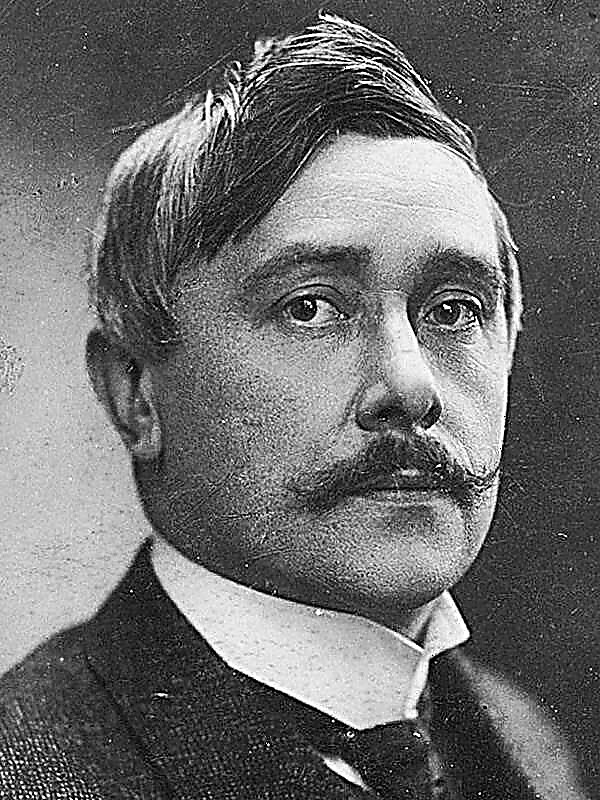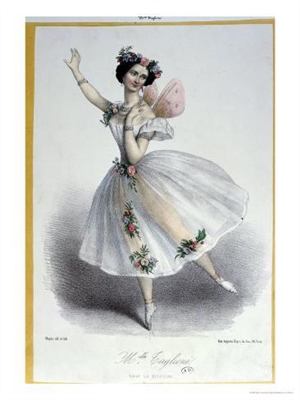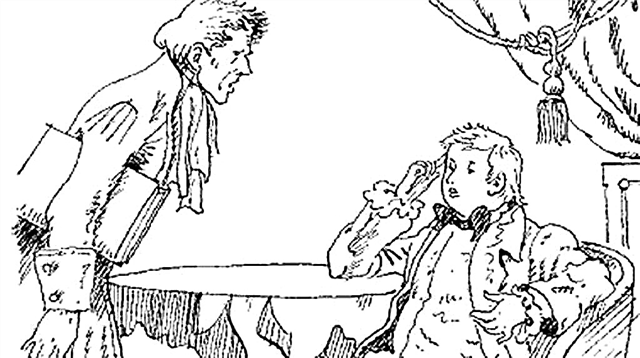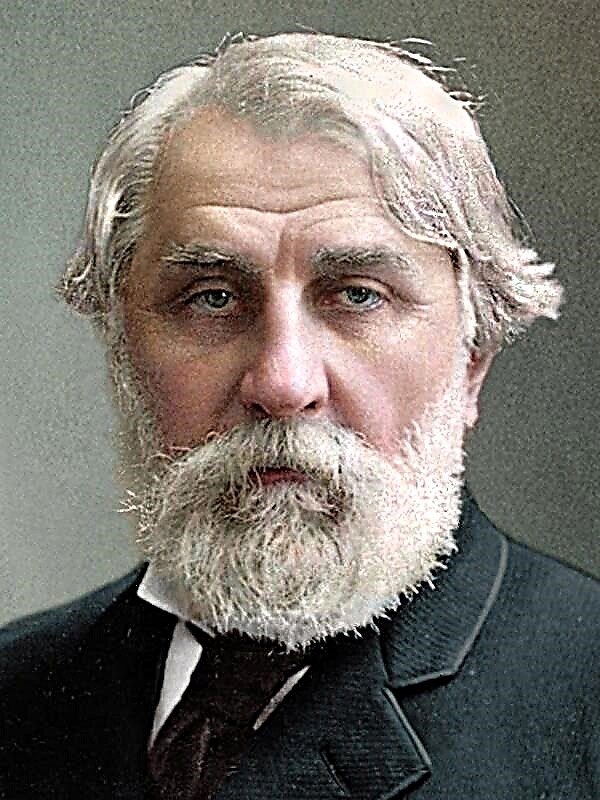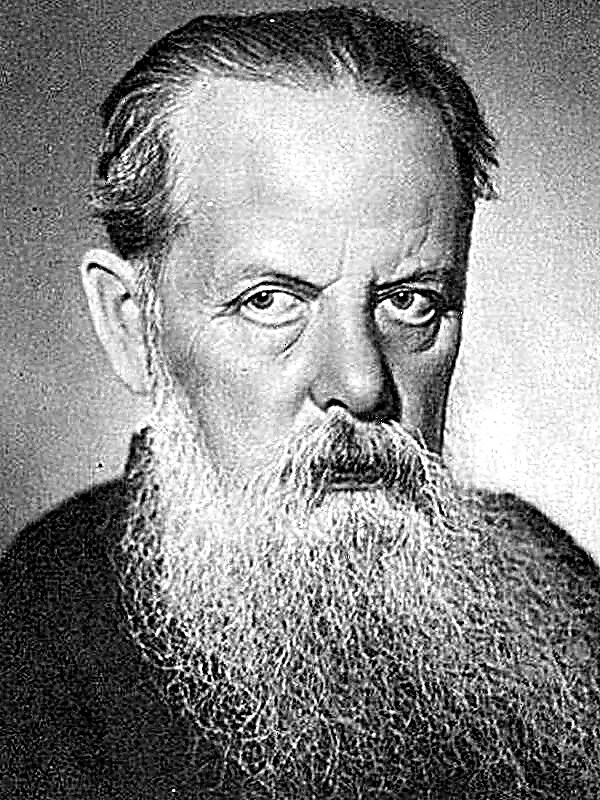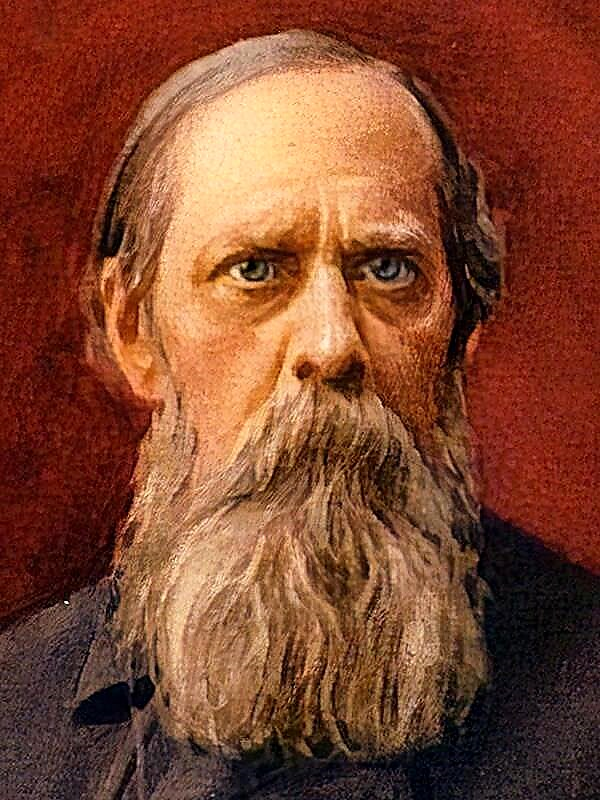In the preface, the author emphasizes that the reason for writing this work was not the death of M.V. Frunze, as many people think, but just a desire to reflect. Readers do not need to search for true facts and living persons in the story.
In the early morning in the saloon of an emergency train, Commander Gavrilov, who was in charge of victories and death, “gunpowder, smoke, broken bones, torn meat”, receives reports from three staff officers, allowing them to stand free. To the question: "How is your health?" - he simply answers: “Here I was in the Caucasus, I was treated. Now got better. Now healthy. ” Officials temporarily leave him, and he can chat with his old friend Popov, who is hardly allowed into a luxurious car that came from the south. The morning newspapers, which, despite the early hour, are already being sold on the street, cheerfully report that Commander Gavrilov temporarily left his troops to operate on a stomach ulcer. "The health of Comrade Gavrilov is alarming, but the professors vouch for a favorable outcome for the operation."
The editorial of the largest newspaper also reported that a hard currency can exist when all economic life is built on a solid calculation, on a solid economic base. One of the headlines read: “China's Struggle Against Imperialists,” a large article stood out in the basement entitled “The Question of Revolutionary Violence,” followed by two pages of announcements and, of course, a repertoire of theaters, variety shows, open stages, and cinema.
In the “house number one” the commander meets with a “non-hunched man” who began the conversation about the operation with healthy Gavrilov with the words: “It’s not for you and me to talk about the millstone of the revolution, the historical wheel - unfortunately, I believe, is very much driven by death and blood - especially the wheel of revolution. It's not for me to tell you about death and blood. ”
And so, by the will of the “non-stooping man,” Gavrilov finds himself at a council of surgeons who almost never ask questions and do not examine him. However, this does not prevent them from forming an opinion "on a sheet of yellow, poorly tattered, without rulers of paper from wood dough, which, according to the information of specialists and engineers, should have faded to seven years." The council suggested that the patient be operated on by Professor Anatoly Kuzmich Lozovsky, Pavel Ivanovich Kokosov agreed to assist.
After the operation, it becomes clear to everyone that not one of the specialists, in essence, found it necessary to perform the operation, but everyone was silent at the consultation. True, those who had to directly get down to business, exchanged remarks like: “Of course, the operation can not be done ... But the operation is safe ...”
In the evening, after a consultation, “no one needs a frightened moon” rises above the city, “a white moon in blue clouds and black sky dips”. Commander Gavrilov calls in at the hotel with his friend Popov and has a long conversation with him about life. Popov’s wife left “because of silk stockings, because of spirits”, leaving him with her little daughter. In response to the friend’s confession, the commander spoke about his “aged, but only for life friend”. Before going to bed, in his cabin car, he reads Tolstoy's Childhood and Adolescence, and then he writes several letters and put them in an envelope, sealed them and inscribed: “Open after my death.” In the morning, before going to the hospital, Gavrilov orders to give himself a racing car, which he races for a long time, "breaking the space, passing fogs, time, villages." From the top of the hill he looks around "the city in the glow of dim lights", the city seems to him "miserable."
Before the scene of the “operation” B. Pilnyak introduces the reader into the apartments of professors Kokosov and Lozovsky. One apartment "preserved the boundary of the nineties and nine hundred years of Russia", while the other arose in the summer from 1907 to 1916. “If Professor Kokosov refuses the car that the staff politely want to send him:“ I know, my friend, I’m not serving private individuals and I go to clinics by tram, ”the other, Professor Lozovsky, on the contrary, is glad that they will come for him:“ I need to call in on business before the operation. ”
For anesthesia, the commander is euthanized with chloroform. Having discovered that Gavrilov does not have ulcers, as evidenced by a white scar on the surgeon’s hand squeezed by the surgeon’s hand, the stomach of the “patient” is urgently sutured. But already late, he was poisoned by an anesthetic mask: he suffocated. And no matter how much later camphor and physiological saline are injected into him, Gavrilov’s heart does not beat. Death occurs under an operating knife, but to ward off suspicion from “experienced professors”, a “dead person alive” is put in the operating room for several days.
Here the corpse of Gavrilov is visited by a “non-humping man”. He sits nearby for a long time, calming down, then shakes his icy hand with the words: “Goodbye, comrade! Goodbye brother! ” Having placed himself in his car, he orders the driver to rush out of town, not knowing that in the same way Gavrilov drove his car quite recently. The “non-hobbling man” also gets out of the car, wandering the forest for a long time. "The forest freezes in the snow, and the moon rushes over it." He also gives a cold look to the city. "From the moon in the sky - at this hour - there remained a barely noticeable melting ice mound ..."
Popov, who opened a letter addressed to him after Gavrilov’s funeral, cannot take his eyes off him for a long time: “Alyosha, brother! I knew that I was going to die. Forgive me, I'm not very young anymore. I downloaded your girl and thought it over. My wife is also an old woman and you know her for twenty years. I wrote to her. And you write to her. And you live together, get married, or something. Kids grow up. Sorry, Alyosha. ”
“Popov’s daughter stood on the windowsill, looked at the moon, blew at it. “What are you doing, Natasha?” Asked the father. “I want to pay off the moon,” Natasha replied. The full moon was traded by the merchant, beyond the clouds, tired of rushing. "

 Ancient stories about Han U-di
Ancient stories about Han U-di Ranger
Ranger